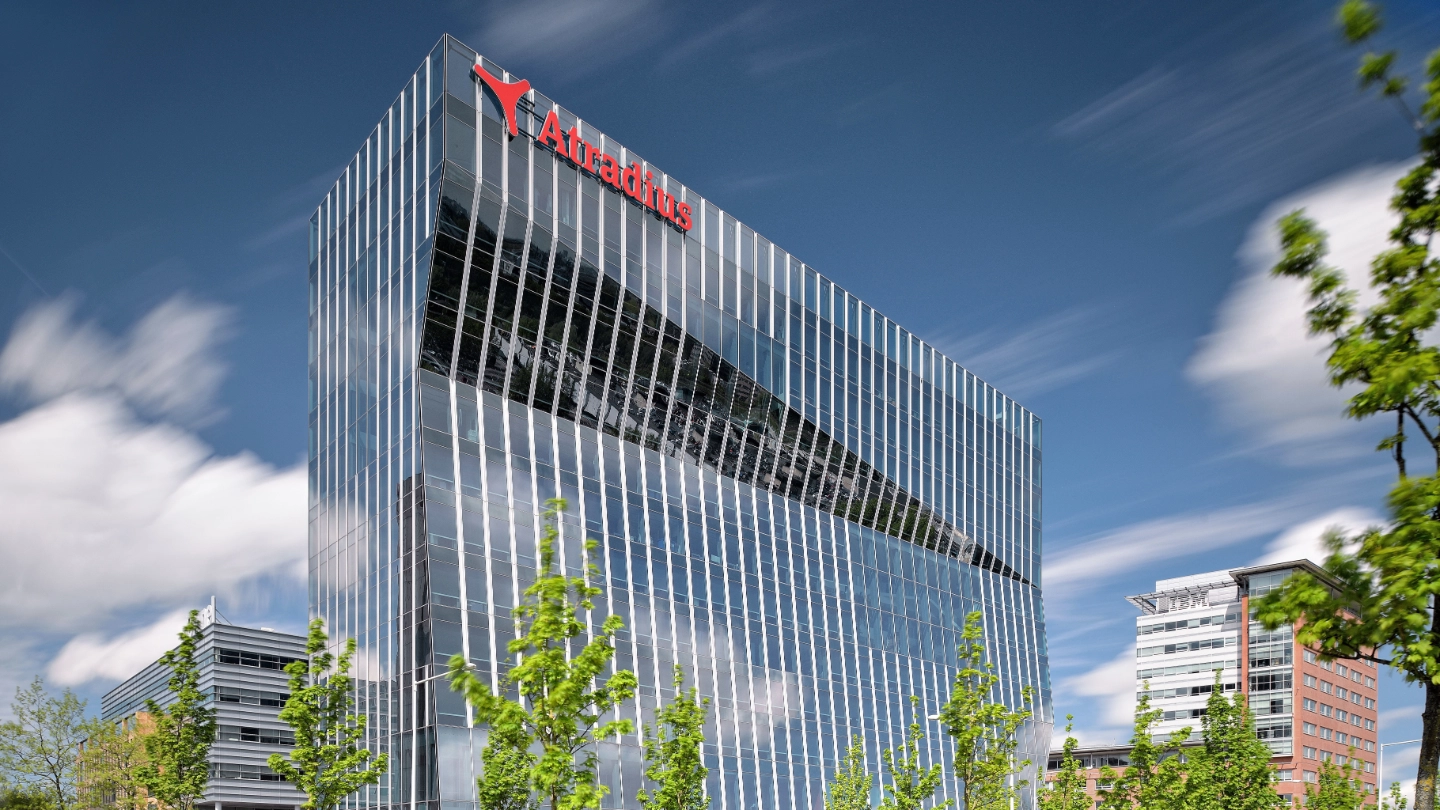
Will 2025 be the year of tariffs and trade wars?

Industry trends food January 2025

Helping you protect your business with Trade Credit Insurance

Resources

Case studies

Testimonials
Amid a fragmented global landscape, the EU and India are pursuing different strategies to build economic resilience...


Discover how the global economy is navigating trade tensions and uncertainty, with AI investment driving resilience and shaping growth prospects for 2026 and beyond

Industry growth slows as global trade applies the brakes

Can South Africa's GNU party overcome tensions and structural challenges to unlock GDP growth?

US tariffs, geopolitics and lower demand trigger a contraction of global automotive production in 2026

Tari...

Pharmaceuticals businesses throughout the world are reviewing their operational and...
Viewing 7 out of 174
Europe hopes faster AI adoption will make up for lagging investment in platforms and infrastructure


Atradius Syndicate 1864 will help financial institutions manage trade credit risk more efficiently

This year, Atradius celebrates a remarkable milestone: a century of operations in the Netherlands.

Tariffs and tight margins are...

Thanks to this partnership, our clients in Spain can become sellers on Alibaba.com’s B2B marketplace without paying an entry fee

Europe has committed to a new era in...

Trade tensions, AI investment and geopolitical shifts dominate the global trade agenda. The key takeaway: business must...
Viewing 7 out of 61
Credit insurance is often misunderstood. Myths about cost, complexity, and coverage mean many...


Understanding why credit insurance provides broader coverage, strategic risk management and financial stability compared...

How credit insurers evaluate risk and determine appropriate credit limits

Explore how surety bonds and bank guarantees work, their similarities and differences, and what they mean for...

Explore the trade-offs between credit insurance and self-insurance to protect cash flow and...

Globalisation makes market expansion inevitable, but entering new territories remains a complex and...

Credit...
Viewing 7 out of 32
Every customer is a...



With the backing of Atradius’s resources, EnCom Polymers has been able to expand business with existing customers and go...

BVV GmbH grew internationally and recognised risks such as companies on the brink of insolvency in plenty of time to mitigate the...

Atradius Surety has enabled Vinci Construction France to expand their sources of finance beyond their...

How we are part of Continental Banden Groep B.V.'s business process, minimising risk and supporting sales

Ben Green, President and Owner at...
Viewing 7 out of 8
FERM (International) offers competitive payment terms and limits their credit risk to developing countries by using Atradius Dutch State Business (DSB) and...


Janson Bridging (International) uses export credit insurance from Atradius Dutch State Business (DSB) to offer favourable credit terms to customers...

After adopting Atradius trade credit insurance, MBS found that their credit control processes improved so much that staff had more time to devote to clients.

Late payers prompted content marketing agency KMOdynamoo to take out an Atradius credit insurance policy and has resulted in better debtor management.

Omron has achieved sustainable growth while navigating the uncertainties of China-US trade relations and regional manufacturing transformation.

By providing open dialogue, insight and valuable credit information we helped Brook Green Supply improve their internal credit...

El Ganso credits our support in helping the fashion brand grow from a domestic-focused Spanish startup to a successful international business.
Viewing 7 out of 9




































